1. Is it safe to have surgery during COVID-19?
All surgery carries some risk, and your surgeon will discuss with you the benefits of and risks of COVID-19 to you. However, all of our hospitals follow national guidance on best practice and the staff are tested regularly. National guidance can be found here.
There will be some differences to your care however as relatives may not be allowed to visit you during your stay in hospital. You will also need to isolate for up to 14 days prior to your surgery (this may vary) and you will also need to have a swab test 72 hours before your operation.
If you would like to purchase your own test you can do so with our partners at C19testing.co.uk
2. What do I need to do before surgery?
If you smoke, you will need to stop as this increases your risk of getting a chest and wound infection, which can slow your recovery. Stay as active as you can. Please stop eating or drinking anything EXCEPT WATER for six hours before your surgery and stop drinking WATER at two hours before your surgery.
3. What will happen when I am admitted for surgery?
When you arrive at hospital, the nurse will check your heart rate, blood pressure and test your urine. You will be asked to put on a gown and to wear compression stockings to help prevent blood clots forming in the veins in your legs.
Your doctor will complete the consent process started in the clinic, by signing, or re-signing, with you the Consent Form. The doctor will discuss with you what will happen before, during and after your procedure.
4. How should I care for my wound?
This will vary slightly between operation types.
Generally, abdominal wounds will be covered by a water proof dressing. Wear this dressing in the shower (not the bath, which will soak them off) for the first week. At the end of the first week, remove them and place them in a bin.
Underneath you may see flaky, crusty substance, often purplish in colour. This is glue. It is waterproof. Don’t actively remove it, simply leave it but continue to shower (not bathe) for another week. Slowly it will flake and fall off. If it hasn’t by 14 days, then gently peel it off in the shower or wash it off. At 14 days you can return to swimming and bathing and the wounds will be completely healed. There are no stitches to remove – these are hidden in your body and your body dissolves them over time.
If you have had surgery on your bottom your surgeon will give you specific instructions on how best to manage this.
5. When Can I drive or use machinery?
General anaesthesia temporarily affects your co-ordination and reasoning skills, so you must not drive, drink alcohol, operate machinery or sign legal documents for 24 hours afterwards. There is no exact timing restriction on your driving. You must be able to perform an emergency stop and be free of any physical restrictions due to your operation, be comfortable in the driving position and be able to safely control your car. Broadly speaking, you will most likely need to refrain from driving for at least a week and often closer to ten days. You should be free from the distracting effect of pain or the sedative or other effects of any pain relief medication you are taking. You should inform your motor insurer of your operation so that you're aware of their recommendations and any restrictions.
6. When can I return to normal activity Levels?
Following laparoscopic hernia repair you should refrain from any exercise beyond normal daily activity for two weeks. This includes swimming, gym work, running or strenuous gardening. Your surgeon will usually review you around 2-3 weeks after the surgery and will then allow a graduated return to activity, initially avoiding heavy lifting and very strenuous activity for a further two weeks. By six weeks post operatively, you can do whatever you wish, including high intensity training, weight training and vigorous cardiovascular activity.
7. When can I go back to work?
If you have a desk job or work from home then whenever you are able to manage this is up to you. If you do more manual work or have to travel a lot then most people take one week off work. You should refrain from all vigorous exercise, lifting, running, gardening and the like for 2 weeks.
8. When can I fly after having surgery?
It is usually ok to fly 2-3 days after day surgery as long as it was uncomplicated and you feel comfortable to travel. It does depend slightly where you are going, and on individual patient factors. If you have had major surgery, the advice will vary depending on the type of operation, but you should not aim to fly for at least two weeks.
9. What should I eat and drink after the operation?
After day surgery, eat sensibly as the anaesthesia, painkillers and surgery may make you feel slightly nauseated – so have small light meals. Avoid rich, spicy or fatty foods and alcohol for 48 hours after the surgery but after this you should be able to return to a normal diet. If you have had major surgery, your surgeon will give you specific instructions on what is best to eat and when.



